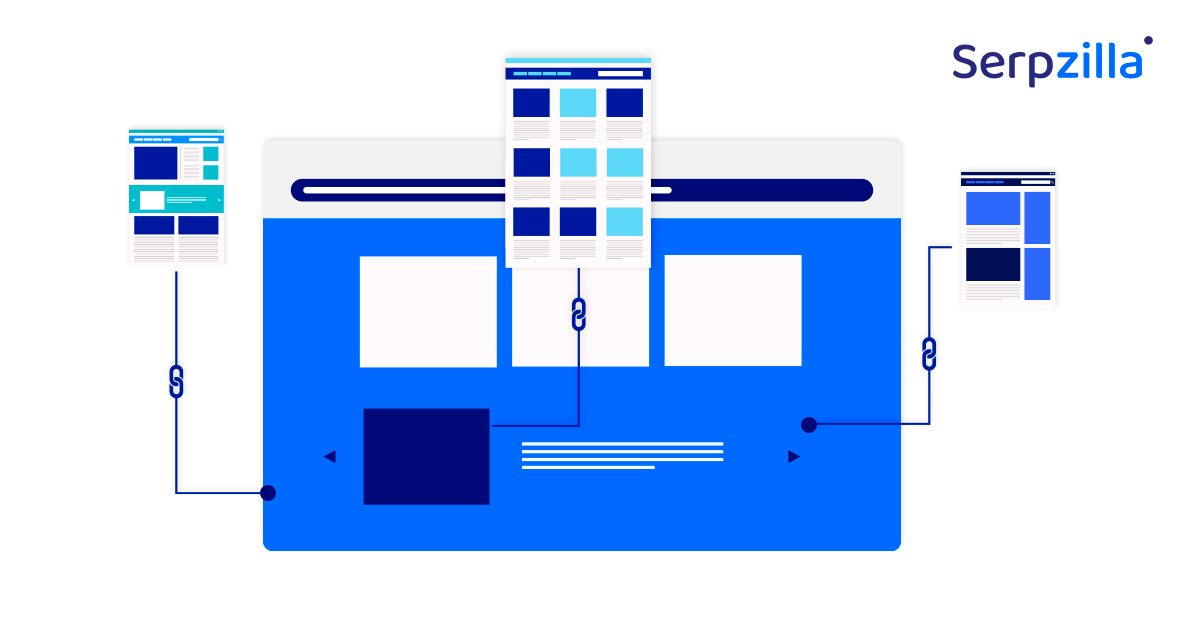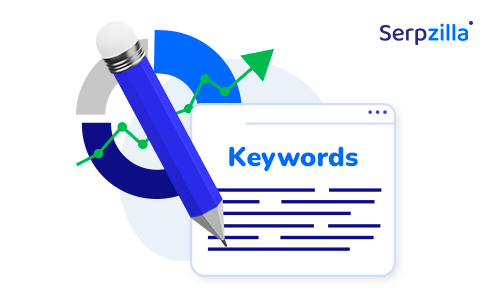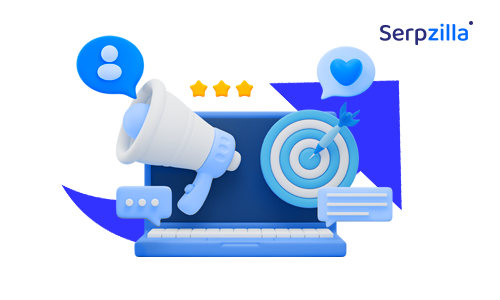Introduction
E-commerce SEO isn’t getting any easier.
With product pages constantly changing and competition on every SERP, link building often falls through the cracks.
Here’s what’s happening: AI agents like ChatGPT or AI Overview are changing how people search.
Instead of clicking through 10 blue links, users now get direct product recommendations from AI, and those are based on the ranked content on traditional SERPs.
If your e-commerce website isn’t on the top search results, you’ll likely lose potential customers. That’s exactly why e-commerce link building matters more than ever.
In this blog, I’ll explain what works based on my tried-and-tested strategies. You’ll also learn what mistakes you can avoid along the way.
Who am I?
I’m Steven Schneider, co-founder and CEO of TrioSEO, an SEO agency that creates and optimizes content for various e-commerce businesses. Before TrioSEO, I co-owned a portfolio of 40 websites and published approximately 400 articles monthly.
TL;DR – 9 E-commerce Link Building Strategies
To get you started, here are a few dos and don’ts you need to remember about link building.
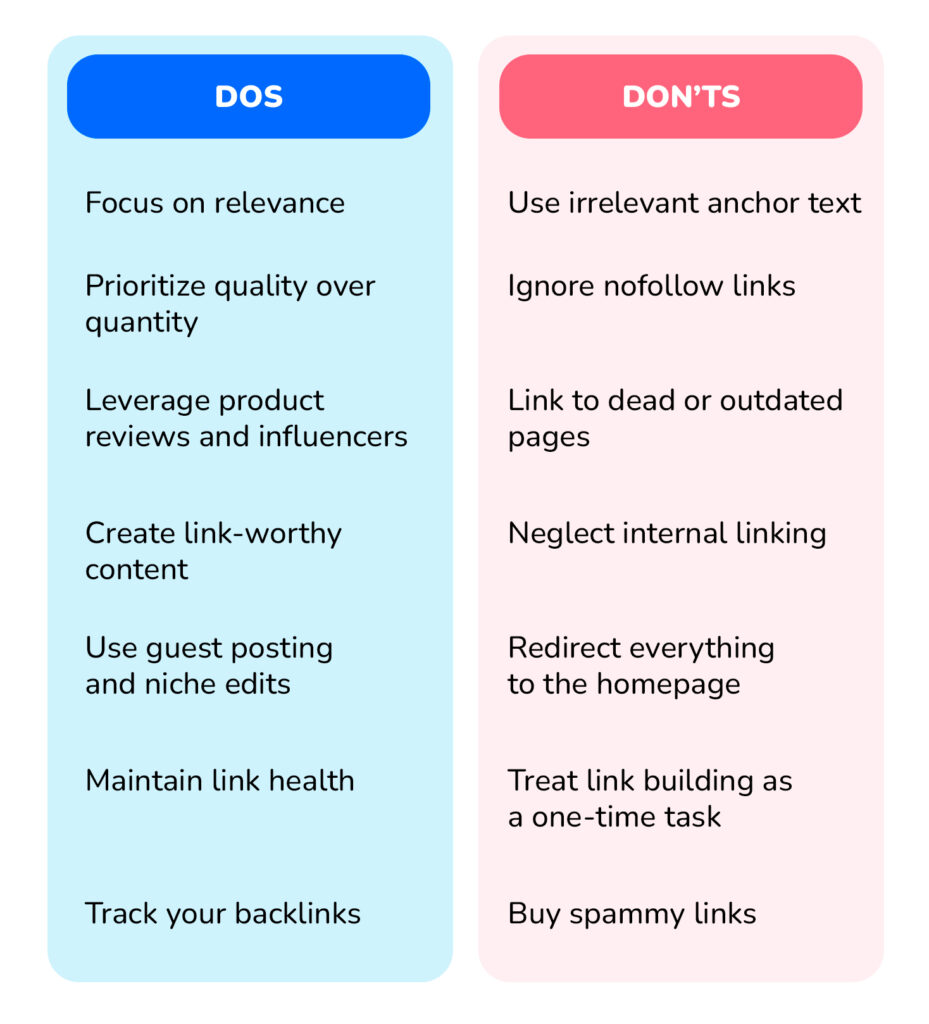
Now that you have a preview of this article, stick around for a deeper dive into each of these.
Want to build a strong backlinking profile? Serpzilla can help you do that.
Benefits of Link Building for E-commerce Sites
You don’t need to build links just for rankings; now, it’s a dynamic growth engine.
Here’s how strategic link building benefits e-commerce brands:
Backlinks Help You Rank
Even today, backlinks are one of Google’s top-ranking trust signals. E-commerce sites with high-quality, relevant links consistently perform better in organic search.
Backlinks Increase Domain Authority
Every quality link from a trusted website tells Google, “This site is legit.”
Over time, these links help increase your domain authority, which means all your pages (from the home page to your product listings) have a better chance of ranking.
Links Build Trust and Brand Authority
Links are like brand endorsements. When niche-specific blogs, publications, or influencers link to your site, it signals to search engines and users that your brand is credible.
That kind of social proof matters, especially in competitive verticals like fashion, tech, or health products.
Backlinks Help Drive Organic Traffic and Revenue
More quality links mean better rankings and more organic traffic (still a promising factor). When you keep product and service pages SEO-optimized, you’ll not only get traffic, but you’ll also build a predictable revenue channel.
Links Future-Proof Your Brand for the AI Search Shift
AI platforms like ChatGPT and Google’s AI Overviews rely heavily on top-ranked search results to generate answers. Having a strong backlinking profile helps your site rank higher and increases your chances of being cited or summarized in AI responses as well.
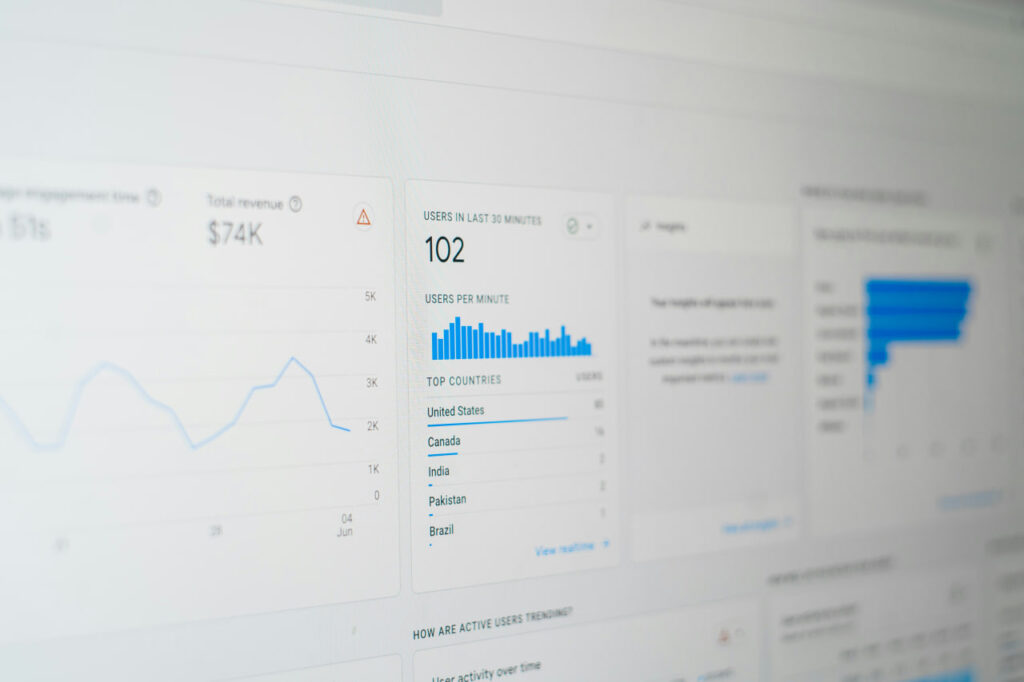
9 Link Building Strategies for E-commerce
Want more traffic, better rankings, and visibility? It starts with smarter backlinks.
1. Promote Product Reviews & Giveaways
People trust real experiences from real people.
You can send your products to bloggers, influencers, or reviewers in your niche. In exchange, you can ask for a write-up about how they liked the product and a backlink to your product page. Moreover, you can run giveaways where participants mention or link to your store to get bonus points.
With AI giving product reviews within seconds, your efforts might seem in vain. But the truth is, AI can’t recreate the genuine experiences of real people.
Pro Tip: Target small niche blogs with engaged audiences. They’re more likely to respond, and their content is usually more authentic.
2. Launch an Affiliate Program
Affiliate marketing involves incentivizing influencers or bloggers (affiliates) to promote your product and build links while doing so.
Set up an affiliate program and collaborate with creators who write “best of” or comparison-style content. These pages will not only help you generate sales but also earn you backlinks from high-intent traffic.
3. Ask for Gift Guide Inclusions
Gift giving can be difficult, and people struggle to find gifts for their loved ones. A gift guide is their best solution. Surprisingly, it is the most effective tool for an e-commerce business.
Pitch your products to media sites and bloggers who create “Gift for Dad Under $50” or “Best Tech Gifts” roundups (for example). These guides drive traffic and links year-round.

4. Create Your Own Buying Guides & Comparison
While trying to get others to link to your products, you can create content about your brand that other bloggers want to link to.
Write detailed, helpful guides that compare your products, explain their value, or break down what users should look for. Think:
- “X vs Y: Which Coffee Machine Should You Buy?”
Additionally, if you want your products to appear in AI searches, clear, helpful, and structured content gets more priority than vague content.
Pro Tip: Use unique images and insights. The more original the content is, the more useful it is for both readers.
5. Explore Guest Posting
Here, you barter your content to gain authority in the industry, similar to what I am doing with this article.
Reach out to websites in your industry and offer a well-written, useful article (not a sales pitch). Within the post, link back to a relevant page on your site, like a service page or product guide.
If you’re struggling to land websites for guest posting, Serpzilla can help you get placements on top media websites with high DR and high traffic.
Buy guest posting services via Serpzilla!
6. Seek Out Niche Edits
First, find posts already ranking for relevant keywords, and ask the writer to update them with a mention (and link) to your product. It’s way easier than starting from scratch.
For example, if you sell protein powder, find a blog ranking for “best protein powder” and offer your product as a new option.
With Serpzilla, you can do quick link building and get 70% of your investment in expert allocation. Buy niche edits for link building at Serpzilla!
7. Pursue Digital PR Campaigns
If you can create big stories, you’ll also get big links.
To do so, create content with a unique angle, like picking a product trend, a quirky launch, or an industry stat. Then, pitch it to journalists, news outlets, or viral blogs.
You can use tools like HARO, Connectively, or Featured to make the process a little easier.
8. Ask For Brand Mentions
If a blog is already talking about you, why not get a link from them?
Use tools like Ahrefs, Semrush, or Google Alerts to find unlinked mentions of your brand. Then, politely ask for a link to your homepage or product page.
Every mention without a link is a missed SEO opportunity.
9. Explore Influencer Collaborations (Non-Affiliate)
It’s not always about paid promotions; sometimes, you can barter.
Partner with creators who genuinely like your product. Ask them to feature it in tutorials, lookbooks, styling videos, or blog posts.
The goal is to get a natural backlink and build trust with their audiences.
What Makes Serpzilla the Best E-commerce Link Building Platform?
Serpzilla is an automated platform designed to streamline link building for e-commerce businesses, offering a range of powerful tools to enhance SEO strategies.
Here’s how Serpzilla stands out for e-commerce link building:
- Secure Contextual Links at Scale: With access to over 150,000 real sites across various niches, Serpzilla can help you build links to product pages, category pages, or blog content that get results.
- Automate Your Outreach: Instead of cold outreach, Serpzilla gets you premium guest posts and niche edits in just a few clicks, saving you hours of back-and-forth.
- Tailored for E-commerce SEO: Whether you’re redirecting outdated SKUs or boosting seasonal pages, Serpzilla makes it easy to point links exactly where you need them.
- Track What Matters: Monitor your links post-placement, see what’s indexed, and track performance over time, just like having an in-house link analyst without the overhead.
- Smarter Prospecting: You can sort potential link placements by DR, traffic, spam score, language, industry, and more.
In short, Serpzilla’s platform provides e-commerce businesses with a comprehensive automated link-building solution that is cost-efficient, easy to use, and designed to deliver long-term SEO results.

Link Building Mistakes to Avoid
Take it from me: not all backlinks are good, and bad ones can actually hurt your e-commerce site.
Here are the top link-building mistakes I can see brands make:
- Prioritizing Quantity Over Quality: More links don’t always mean better rankings. Google prioritizes quality links over spammy volume. Focus on earning links from real blogs, media outlets, and niche websites, much like we discussed above.
- Ignoring Relevance: Getting a backlink from a fashion blog when you sell power tools? Irrelevant links send mixed signals to search engines and dilute your topical authority. Stick to sites and content that are closely aligned with your niche.
- Over-Optimizing Anchor Text: Sure, you want to rank for “buy men’s running shoes,” but stuffing that exact phrase into every link’s anchor text screams manipulation to Google. Use natural anchor text, like a mix of partial match keywords or generic anchors.
- Forgetting About NoFollow Links: Many business owners only chase “DoFollow” links, but NoFollow links from big websites still bring value. They drive traffic, help with brand awareness, and can be picked up by AI bots.
- Ignoring Technical SEO & On-Page Relevance: Even the best backlinks won’t work if your site is messy. Slow load times, poor mobile usability, and unoptimized product pages make it hard for link equity to do its job. Make sure your technical SEO and content quality are on point, much like how we at TrioSEO do it for our clients.
- Not Considering AI Visibility: While getting on AI searches shouldn’t be your top priority, you should also not ignore it. If you want your product to be visible, you must consider how AI models evaluate content. Your best bet is to get links from indexed, authoritative content that ranks well.
- Homepage 301 Redirects: When something goes out of stock or a collection gets retired, most admins just redirect those old pages to the homepage. Google sees these as soft 404s, not helpful redirects. Instead, redirect to similar or newer versions of the product.
E-commerce Link Building Best Practices
Want your backlinking strategies to work efficiently and not just fulfill key metrics?
Here are the link-building best practices every e-commerce brand should follow:
Prioritize Content That Ranks
When building backlinks, focus on content that is already performing well in search results. These pages have a proven track record, which means they are more likely to continue to be referenced by traditional search engines.
Value-First Outreach
When contacting websites for backlinks, focus on providing value first instead of asking for a link. Offer high-quality content, unique insights, data, or resources that will genuinely benefit their audience.
Align Links with Customer Journey
Links should point to pages that match where users are in the buying process. This ensures you’re not just driving traffic but getting qualified leads who are more likely to convert.
Think Like a Publisher
When it comes to building backlinks, you have to think like a publisher rather than just a seller. This means creating helpful, evergreen, and shareable content that naturally attracts backlinks.
Maintain Your Link Health
Conduct regular audits of your backlinks to remove toxic links, fix broken links, and monitor redirects. This will ensure that your backlink profile stays clean and effective.
To improve your e-commerce site’s SEO, explore TrioSEO: a B2B SEO agency that can help enhance visibility and drive organic growth through ongoing monthly SEO services.
Frequently Asked Questions (FAQs)
Here are some commonly asked questions about e-commerce link building.
How Often Should E-commerce Sites Audit Their Backlink Profile?
To maintain a healthy backlink profile, I recommend conducting an audit at least once a quarter. For high-competition niches, aim for monthly audits.
How Does Link Building Differ for B2B vs. B2C E-commerce?
B2B link building focuses on authoritative industry sources and thought leadership content, while B2C prioritizes product reviews, influencer collaborations, and gift guides to engage consumers.
Should You Prioritize Homepage Links or Product Page Links?
For a strong SEO performance, divide your focus between homepage and product page links. Homepage links build domain authority, while product page links drive targeted traffic and sales.
What’s the Ideal Link Velocity for an E-commerce Site?
You need to maintain a steady, consistent, and natural link velocity. If you aim for a few high-quality backlinks per month, you’ll be in a good spot long-term.
Conclusion
Search patterns are evolving, and AI platforms like ChatGPT pull visitors from websites. That’s why now is the time to double down on link building.
E-commerce link building might not be easy, but once you master it, it becomes one of the most powerful drivers of traffic, rankings, and revenue.
Looking to strengthen your backlink profile and stay relevant? Create your Serpzilla account today and start building high-quality links at scale.




